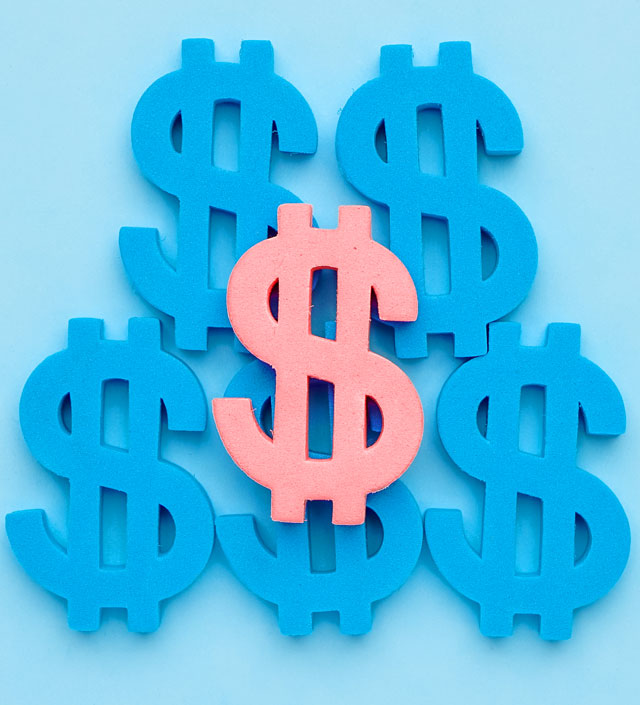A new rule from the Consumer Financial Protection Bureau reducing the typical monthly late fee on credit cards from $32 to $8, will save more than 45 million cardholders an average $220 per year, or $10 billion in total, says the CFPB. American families currently pay more than $14 billion a year in late fees to credit card issuers.
(The rule was to become effective May 14, but a judge halted the rule — at least temporarily — May 10 by issuing a preliminary injunction.)
The CFPB’s new rule applies only to “large card issuers — those that together with their affiliates have one million or more open credit card accounts. The rule amends Regulation Z, which implements the Truth in Lending Act (TILA).
“For over a decade, credit card giants have been exploiting a loophole to harvest billions of dollars in junk fees from American consumers,” CFPB Director Rohit Chopra said in a release when the rule was finalized in March. “Today’s rule ends the era of big credit card companies hiding behind the excuse of inflation when they hike fees on borrowers and boost their own bottom lines.”
Congress passed the Credit Card Accountability Responsibility and Disclosure Act of 2009 (CARD Act). Although the law banned credit card companies from charging excessive penalty fees and established clearer disclosures and consumer protections, companies took advantage of an immunity provision that allowed them to adjust for inflation each year.
The companies received immunity if they charged no more than $25 for the first late payment, and $35 for subsequent late payments. But with inflation adjustments, those amounts ballooned to $30 and $41, even as credit card companies adopted cheaper, digital business processes, says CFPB.
The average late fee for major issuers jumped from $23 at the end of 2010 to $32 in 2022, says CFPB. It notes that late fees are a major driver of the profit model used by some large credit card companies.
Credit card companies layer late fees on top of other punitive measures they impose on consumers who miss payments, notes CFPB. This includes extra interest charges, loss of their grace period, negative credit reporting, reductions in their credit limit, and a higher interest rate on future purchases.
In addition to lowering late charges and ending automatic annual inflation adjustments, the new CFPB rule requires credit card companies to be more transparent with their math. They now have to show that the higher fee is necessary to cover their collection costs.







